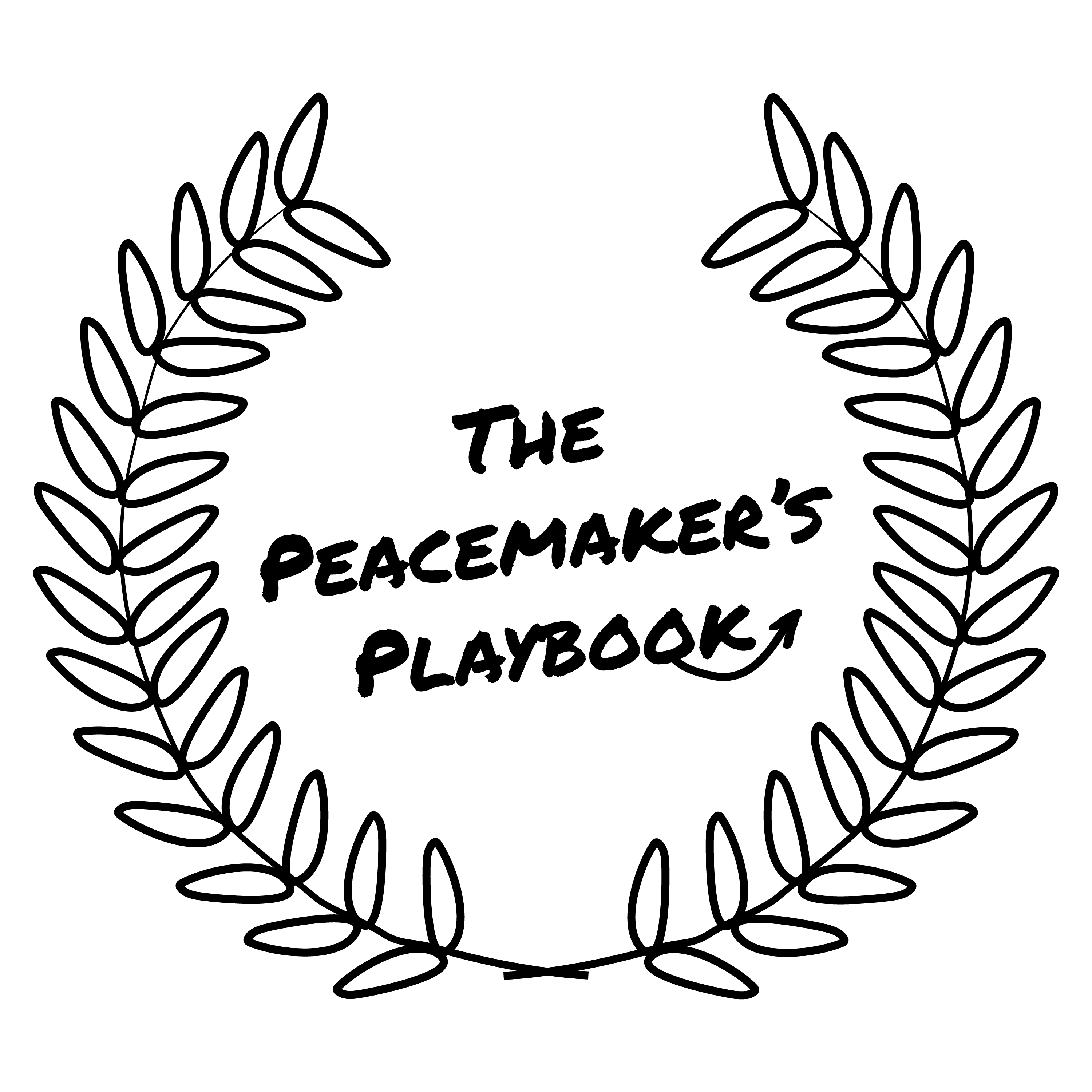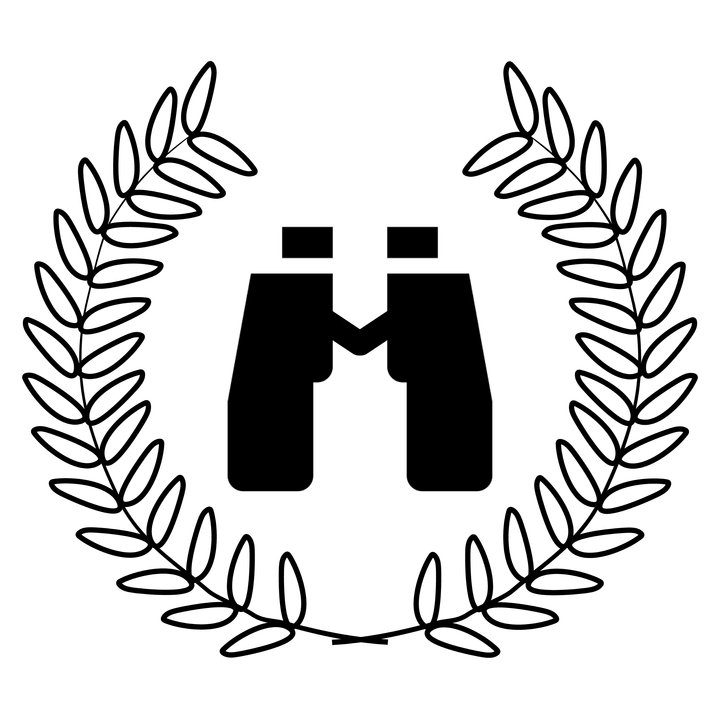Transcript lightly edited for clarity.
Josh: Hi! I’m Josh, and you're listening to The Peacemaker's Playbook. With me is my sidekick for this little project, Kaleene. We’re a married couple. Together, we’re exploring how to bridge the divides in our world, one step at a time. And we’re sharing the best tactics we come across with you here, at The Peacemaker’s Playbook. Last episode, we talked about mastering our fear and how anxieties can shape our views and actions. Today, we're diving into curiosity—showing genuine curiosity to see the world through someone else's eyes.
Kaleene: Let's start with a children’s story, based on an old folk tale: Stone Soup. In a small village, a group of hungry travelers arrived, carrying nothing but an empty cooking pot. They filled the pot with water, placed a stone inside, and began cooking it over a fire. As curious villagers gathered around, the travelers explained that they were making "stone soup," which would be delicious, but would be even better if they had a few vegetables to add. The villagers, intrigued, contributed carrots, potatoes, and other ingredients until, together, they created a rich, hearty soup that everyone shared.
What began as an empty pot and a simple stone turned into a meal that nourished the entire community. Despite the mild trickery employed by the travelers, this story reminds us of how curiosity can transform scarcity into abundance. By being curious—asking questions and engaging others—the community stumbled into a shared experience that benefited everyone. When we approach others with genuine curiosity, we can create opportunities for connection that we might not have imagined.
Josh: I’ve been reading a book by journalist Mónica Guzmán called I Never Thought of It That Way: How to Have Fearlessly Curious Conversations in Dangerously Divided Times. In it she defines curiosity as “a thirst for knowledge.” But, she says, we mustn’t think of curiosity as something that comes and goes on its own.
“It's not just a casual whim, it's an active, deliberate way of engaging with the world around us.” It’s for this this reason she says that “Curiosity is a serious thing, and it’s past time we get serious about it.”
Kaleene: So it must be intentionally practiced?
Josh: Yes, and here’s why.
“Curiosity isn't just a feel-good idea; it's a practical one. As the John Templeton Foundation has highlighted, “The U.S. is experiencing a kind of divide that researchers call ‘intractable conflict,’ in which people’s interactions with those who hold differing opinions become increasingly charged. Curiosity offers a way to diffuse this charge, opening the possibility for deeper listening and more neural flexibility…a willingness to listen, change your mind, and incorporate new perspectives could go a long way in bridging some of the conversational divides we face today.”
Kaleene: So curiosity can make it easier for us to solve our shared problems. What else?
Josh: Well, as Mónica Guzmán points out,
“At some point, if you let it, curiosity about ideas morphs into curiosity about people.”
She reminds us that
“everybody’s so inexhaustibly interesting. I stopped being afraid to ask questions; I was too impatient to hear the answers.”
So curiosity is a way to ‘right-size’ others. It’s seeing my ‘opponent’ as not just some 2D thing but a 3D human being. Many of our political conversations feel like competitive recitals. We’ve got our lines, and we try to nail them. When the other person is talking, we’re thinking only about our response and just waiting for an opening. Afterward, we replay our performance and think about how we should have said this or that. How, if we’d just countered with this point, we’d have won.
Or at least I do.
Sure, there’s a level at which these conversations are part of a contest of ideas. In fact, they must be; democracy depends on it. And yet, they can and should be so much more than that. Here again is Guzmán: “The British philosopher Michael Oakeshott was on to something when he called conversation an ‘unrehearsed intellectual adventure.’ I take only one issue with the idea: Conversation isn’t just intellectual. It’s also emotional, about the heart as much as the head.”
So curiosity unlocks the adventure. When we see people and when all feel like we’re on an adventure together, the result is deeper relationship, even when we hold different opinions. The Templeton Foundation says it well:
“Conversational curiosity is a critical piece of what connects us to one another. When you consider your closest relationships, this isn’t all that surprising. We feel cared for when someone listens closely, asks questions, and generally exhibits a desire to know more about us. This kind of relational curiosity fosters intimacy between people even across disagreement.”
Kaleene: So we must show genuine curiosity, because it helps us solve problems and makes our lives richer, more fun.
Josh: A couple years ago, I got to take part in the Better Arguments Project’s Ambassador program. The Better Arguments Project is, in their own words, “a national civic initiative created to help bridge divides – not by papering over those divides but by helping people have better arguments.” I now see that some of their principles—like taking winning off the table, prioritizing relationships, and listening passionately —are practical ways to put curiosity into practice.1
Kaleene: You also mentioned that Guzmán talks about how simply trying something new every now and then can be a way to build your curiosity muscle.
Josh: That’s right. They say you can’t teach an old dog new tricks, and there’s probably a lot of truth to the notion that when we become adults, many of us try new things less often. And yet, new experiences and insights can ignite more questions while also serving as a new base from which to search for answers. So read an article you wouldn't usually read, or talk to someone with a different perspective. Practicing curiosity is like keeping a door open —sometimes, amazing things walk through. And do it today.
That's it for now! Remember, genuine curiosity is a powerful tool. It turns conversations into adventures and helps us bridge the divides that, for now, seem so wide. Keep asking questions—and keep seeing the world through new eyes.
Join us next time for The Peacemaker’s Playbook!
Brown, Marcia. Stone Soup. Simon and Schuster, 2011.
Guzmán, Mónica. I Never Thought of It That Way: How to Have Fearlessly Curious Conversations in Dangerously Divided Times. BenBella Books, 2022.
John Templeton Foundation. “Curiosity Has Two Faces - John Templeton Foundation.” John Templeton Foundation, 18 Apr. 2023, www.templeton.org/news/curiosity-has-two-faces.
The Better Arguments Project. “Homepage.” The Better Arguments Project, 27 Apr. 2022, betterarguments.org.
The Better Arguments Project. “Our Approach.” The Better Arguments Project, 27 Apr. 2022, betterarguments.org/our-approach.
And a special thank you to our interns, Claude and ChatGPT, for serving as our brainstorming partners and for creating a draft outline and draft script for us. Some of ChatGPT's suggested wording made it into our final script.




Member discussion: